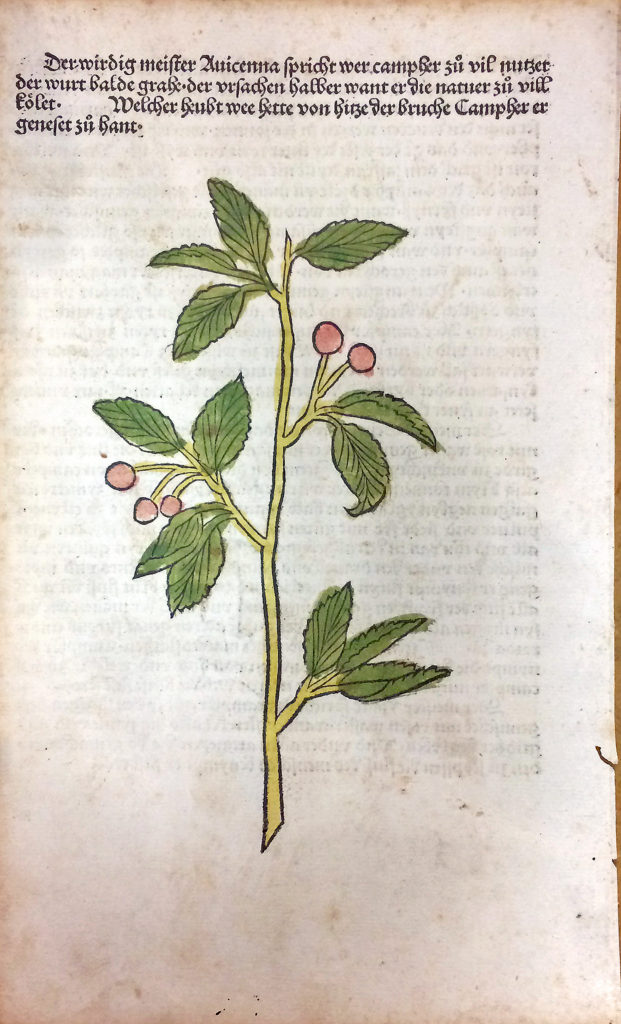If proposed new European Union regulations are approved, European book collectors and dealers may be in for an annoying surprise when they make their first imported purchases in 2019. Starting next year they may become subject to new import regulations that will significantly complicate the process of buying old books, prints and manuscripts from sources outside the EU. The purpose of the changes is to combat the looting and smuggling of antiquities and prevent the financing of terrorism through the illicit trade in cultural goods. While the need for the new regulations is presented almost entirely in relation to the war on terror, the sweeping new rules themselves will be applied comprehensively and include no provisions for exempting goods from areas which are free from armed conflict or terrorist activities.
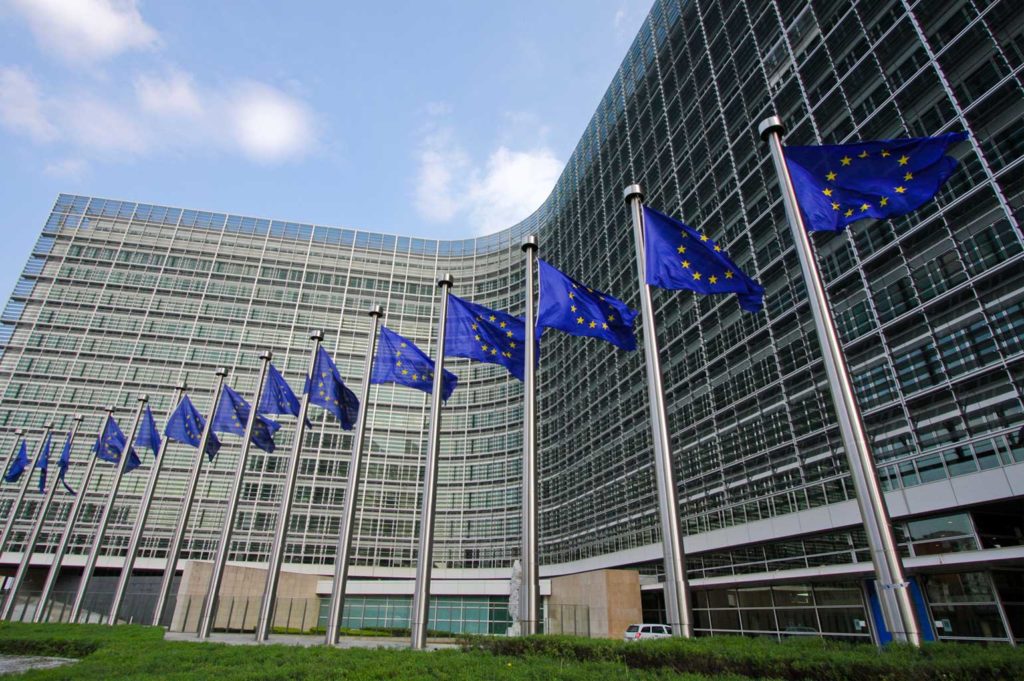
The new regulations apply to a broad range of cultural goods, but none will be impacted more adversely than books. The new procedures are as follows:
If a book, engraving, print, document or publication of “special interest” that is more than 250 years old is presented for import in any EU member state the owner or “holder of the goods” will be required to submit a signed importer statement to customs authorities in the country of entry. The statement must include a declaration that the books have been originally exported legally from their source country. However, in cases where the export country (distinct from the source country) is a “Contracting Party to the UNESCO Convention on Cultural Property” then the holder of the books must provide a declaration that they have been exported from that export country in accordance with its laws and regulations. Needless to say, while the proposal specifies books and documents of “special interest” it does not give any more explicit criteria for defining what this means and the notion of “special interest,” on its own, is sufficiently vague and subjective to include, in practice, virtually any book that someone might want to import.
Register your opinion on the proposed regulations HERE
More strenuous requirements apply to incunabula and manuscripts that are more than 250 years old. In this case an import license must be applied for and documentation must be supplied to substantiate that the cultural goods in question have been exported from the source country in accordance with its laws and regulations. When the goods in question are being exported from someplace other than the source country, and the exporting country is a signatory of the UNESCO convention, then the application needs to be accompanied by documents and information substantiating that the cultural goods have been exported legally. The application must be presented to a “competent authority” (presumably a customs office) which will have 90 days to examine the application and accept or reject it. The application can be rejected if the applicant is not able to demonstrate that the goods were exported from the source country “in accordance with its laws and regulations.” In the case where the goods are being exported from a country that is a UNESCO Convention signatory, then the application may be rejected if the goods were not exported in accordance with that country’s laws and regulations. It is tedious to spell them all out, but those are the new rules and we may all need to understand them very soon.
The regulations are broad in scope and apply to numerous categories of cultural goods besides books, prints and manuscripts. There are exemptions for items less than 250 years old and special provisions for transit and temporary exhibition. Items from all source countries are included and imports from all non-EU countries must be cleared. There are no value thresholds similar to those generally applied to the export of cultural objects, such as found in EU Regulation 116/2009. No distinction is made between commercial and personal property. There is nothing to indicate that EU citizens may bring their own personal goods into the EU from outside of it without going through the import procedures. Thus, there is nothing to assure an EU resident who leaves the Union with personal cultural goods in January that he will will be able to return with those goods in February without being subject to import regulations.
All of which might be made to seem like just another of those common annoyances that have become part of post 9/11 life if there was some prospect that it might actual help in the fight against terrorism. But I doubt that will happen, at least as far as books and manuscripts are concerned. I don’t doubt that the part of the regulations that target archaeological artefacts, sculptures and artwork could have some impact in reducing the lucrative illicit demand for these objects, for which there is a significant European market. But books, prints and manuscripts are an altogether different story. The books that have been looted or ransacked by terrorists from libraries in the Middle East were generally of a religious nature and written in Semitic languages, such as Arabic and Aramaic. The primary market for these books is from Islamic and Middle Eastern buyers who can read the texts and have a cultural connection to them. If these books are being looted in order to sell them then this is the market that encourages their theft. Obstructing export channels to legitimate european buyers will do nothing to reduce the illicit market that will continue to thrive elsewhere. The overwhelmingly Western books that will enter the EU subject to these new rules will be irrelevant to the illicit market that finances terrorism.

With respect to books, the controls which have been defined depend on the ability of owners/importers (“holders of goods’) to prove or declare that the imported goods were legally exported from the country in which they were created. This requirement will be particularly problematic for book and print sellers. Free trade in books has existed since before the invention of printing and the legal undocumented exportation of books has historically been standard practice in all but exceptional cases. Early export documents for books do not exist. Thus, an individual who seeks to import a pre-1768 book into the EU will either be required to make a signed declaration about facts he is unable to know, or, in the case of incunables, to provide supporting documentation and information it would be impossible to have. Books are inherently portable and created with the anticipation that they will be widely distributed to various parts of the world. The circumstances under which an individual 18th century book may have been exported from the country it was printed in is almost certain to be unknown. One may assume that its first exportation was legal, but the possibility of smuggling or theft can almost never be absolutely ruled out. In nearly all cases, a signed declaration affirming that such a book was exported from its source country “in accordance with its laws and regulations” could only be made fraudulently.
Another remarkable omission is the lack of any exception for the situation where the source country is the same as the country into which the book is being imported. Thus, a German collector wanting to purchase a German incunable from an American bookseller would be required to obtain an import licence and produce “supporting documents and information substantiating” that the incunable had been exported in accordance with German laws and regulations. Even if it is only a €50 topographical print of Munich, the buyer will be required to submit an importer statement with a description of the item and a signed declaration regarding the legality of its initial export from Germany.
Of even greater concern is the fact that the powers created for this new import authority are not just limited to the simple denial of the right to import. Although the implementation details for this are not spelled out in the actual regulation as proposed, the press release issued by the European Commission states clearly that “Customs authorities will also have the power to seize and retain goods [their emphasis] when it cannot be demonstrated that the cultural goods in question have been legally exported.” Thus, seizure will be authorised not just when illegality can be proven, but also when the absence of illegality cannot be proven. I do not think I need to spell out the implications of this newly granted authority.
The sweeping scope of the categories of goods targeted by these regulations is also puzzling, if not disturbing. They force me to wonder whether the legitimate goal of fighting terrorism hasn’t now been inflated into a general challenge to the entire marketplace for cultural goods of all types. Apart from books and manuscripts, the list of protected categories includes:
- “sound, photographic and cinematographic archives”,
- “postage, revenue and similar stamps,”
- “original artistic assemblages and montages in any material,”
- “specimens of fauna, flora, minerals and anatomy.”
- “objects of ethnological interest,”
- “objects relating to history, including the history of science and technology and military and social history, to the life of national leaders, thinkers, scientists and artists and to events of national importance,”
Fortunately, for now at least, items less than 250 years old, regardless of category, are exempt. Given that threshold, one has to wonder why the first two categories above have been included at all. Indeed, given the repeated anti-terrorist justifications for these regulations, one wonders why it was found necessary to include any of the categories listed above. It is hard to dismiss the suspicion that the fight against terrorism, which enjoys broad popular support, is here nothing more than a pretext for the EU to put in place a system of import controls for all cultural goods, regardless of threat, price or origin. Once that framework is securely in place we should not be surprised to see the 250 year thresholds periodically reduced, if not eliminated altogether.
The 24 page Explanatory Memorandum issued by the European Commission expresses little or no concern for the burdensome impact these regulations will place on the rights of its citizens to purchase and receive cultural goods, such as books and manuscripts, from sources outside the EU. The proposal skips lightly over the extent to which these rules will impede legitimate trade, and ignores entirely the obstacles they will place in the way of individuals who, for example, build rare book collections or engage in historical research. To my mind at least, these are important activities that support the cultural interests of everyone and should be protected rather than challenged. Surprisingly then, the Memorandum reveals no effort to measure these activities or evaluate how they will be affected by the rules that are to be imposed. Admittedly, the market for old books is complicated and widely dispersed. No accurate statistics about its size have been published. The question of how many books and manuscripts in the open marketplace will be subject to the proposed regulations is ignored. Although exact numbers are not available, an examination of viaLibri search records tells me that the number of pre-1768 books, manuscripts and prints for sale on the internet must exceed 400,000 items, and is probably even higher than that. It is impossible to know how many of these are sold each year, but I would not be surprised if the number fell safely into six figures. And they would not all be very expensive, as a few test searches on viaLibri would show. The majority appear to be under $300, and there are even a few that are priced at less than the cost of shipping them internationally.

The memorandum reports that, during a 3 month assessment process begun in October 2016, 305 “contributions” were received from “stakeholders,” including “citizens, enterprises, professional associations and interests representatives, NGOs and civil society, [and] public authorities.” It is unclear, however, how many individual contributors are included in that number and who those contributors were. The International League of Antiquarian Booksellers, we know, was not among them. Thus, the single largest, oldest and most important professional association in the field of early books and manuscripts was not involved in the assessment process . An omission as serious as that cannot give anyone much confidence in the product of those deliberations. Fortunately, these regulations have not yet been voted into law and there is still time to save ourselves from them. The ILAB has now sent a letter of concern to the individual members of the European Parliament who appear to have authority on this proposed legislation. These are:
– Daniel Dalton (UK) http://www.europarl.europa.eu/meps/en/35135.html
– Alessia Maria MOSCA (IT) http://www.europarl.europa.eu/meps/en/124868.html
– Santiago FISAS AYXELÀ (ES) http://www.europarl.europa.eu/meps/en/96729/SANTIAGO_FISAS+AYXELA_home.html
– Kostas CHRYSOGONOS (GR) http://www.europarl.europa.eu/meps/en/125061/KOSTAS_CHRYSOGONOS_home.html
If you also have concerns about this legislation you may want to write to them yourself. I know I intend to.
[version française]
More on this subject:
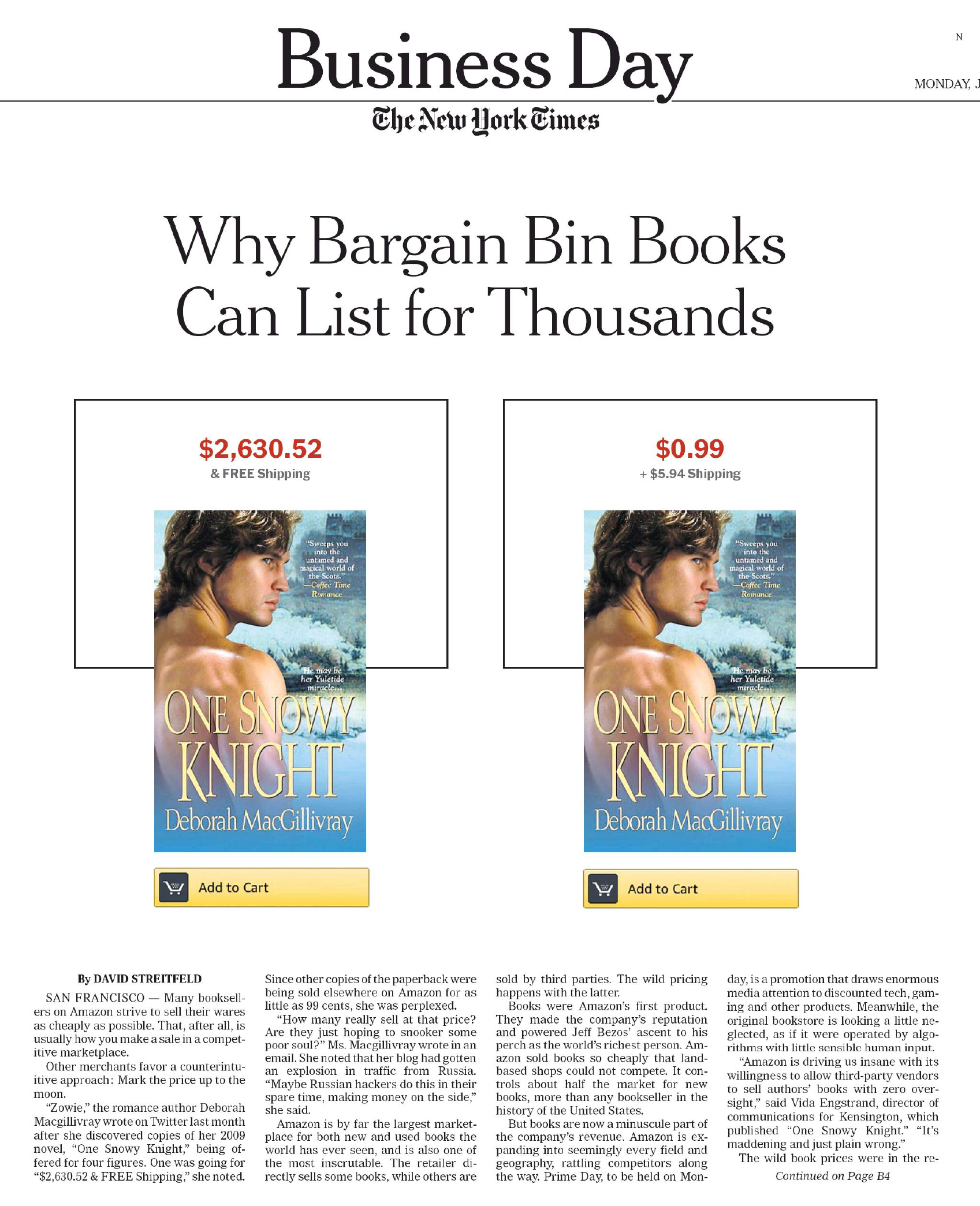
 We are pleased to announce that viaLibri now includes books from eBay as part of its search results. If you look in the “Where to Search” panel in the upper right hand corner of our home page search form you will see two check boxes for eBay.com and eBay.co.uk. When these have been ticked the old, rare and out-of-print “Buy It Now” book listings from those two sites will be added to all the items from all the other sites we already search. This means that over 30 million more items have now become searchable.
We are pleased to announce that viaLibri now includes books from eBay as part of its search results. If you look in the “Where to Search” panel in the upper right hand corner of our home page search form you will see two check boxes for eBay.com and eBay.co.uk. When these have been ticked the old, rare and out-of-print “Buy It Now” book listings from those two sites will be added to all the items from all the other sites we already search. This means that over 30 million more items have now become searchable.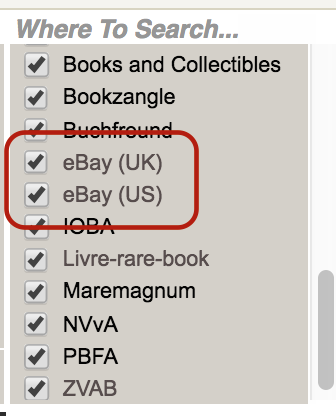
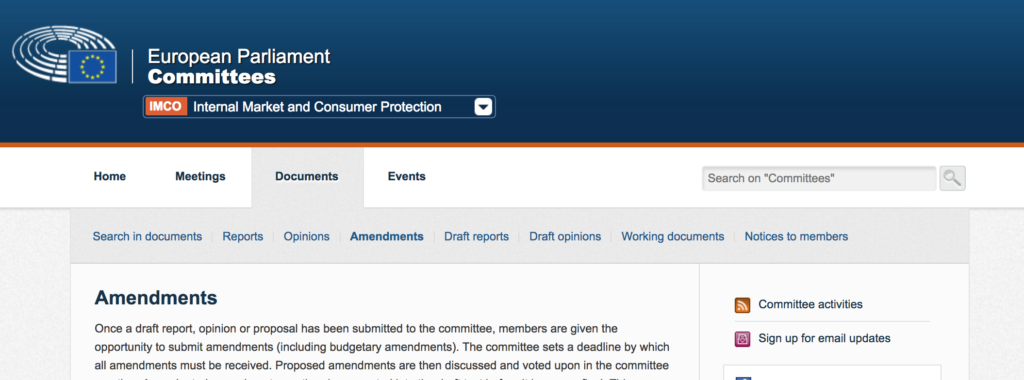
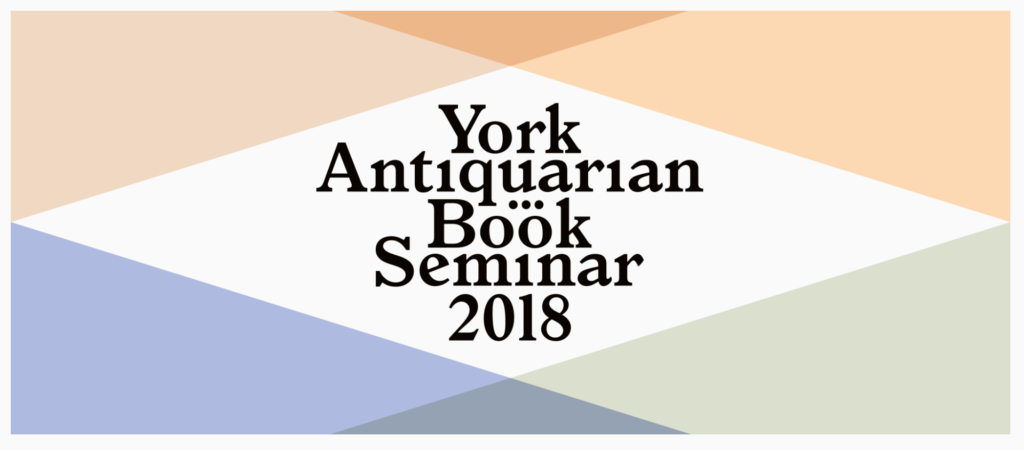 The York Antiquarian Book Seminar will take place again this September for the fifth year running. It is an excellent educational opportunity for anyone interested in becoming an antiquarian bookseller, or just wants to learn about the marketplace for old and rare books. Three full days of courses will “provide an opportunity for leading specialists to share their expertise and experience with booksellers and collectors in a comprehensive survey of the rare book market, both antiquarian and modern.”
The York Antiquarian Book Seminar will take place again this September for the fifth year running. It is an excellent educational opportunity for anyone interested in becoming an antiquarian bookseller, or just wants to learn about the marketplace for old and rare books. Three full days of courses will “provide an opportunity for leading specialists to share their expertise and experience with booksellers and collectors in a comprehensive survey of the rare book market, both antiquarian and modern.”
